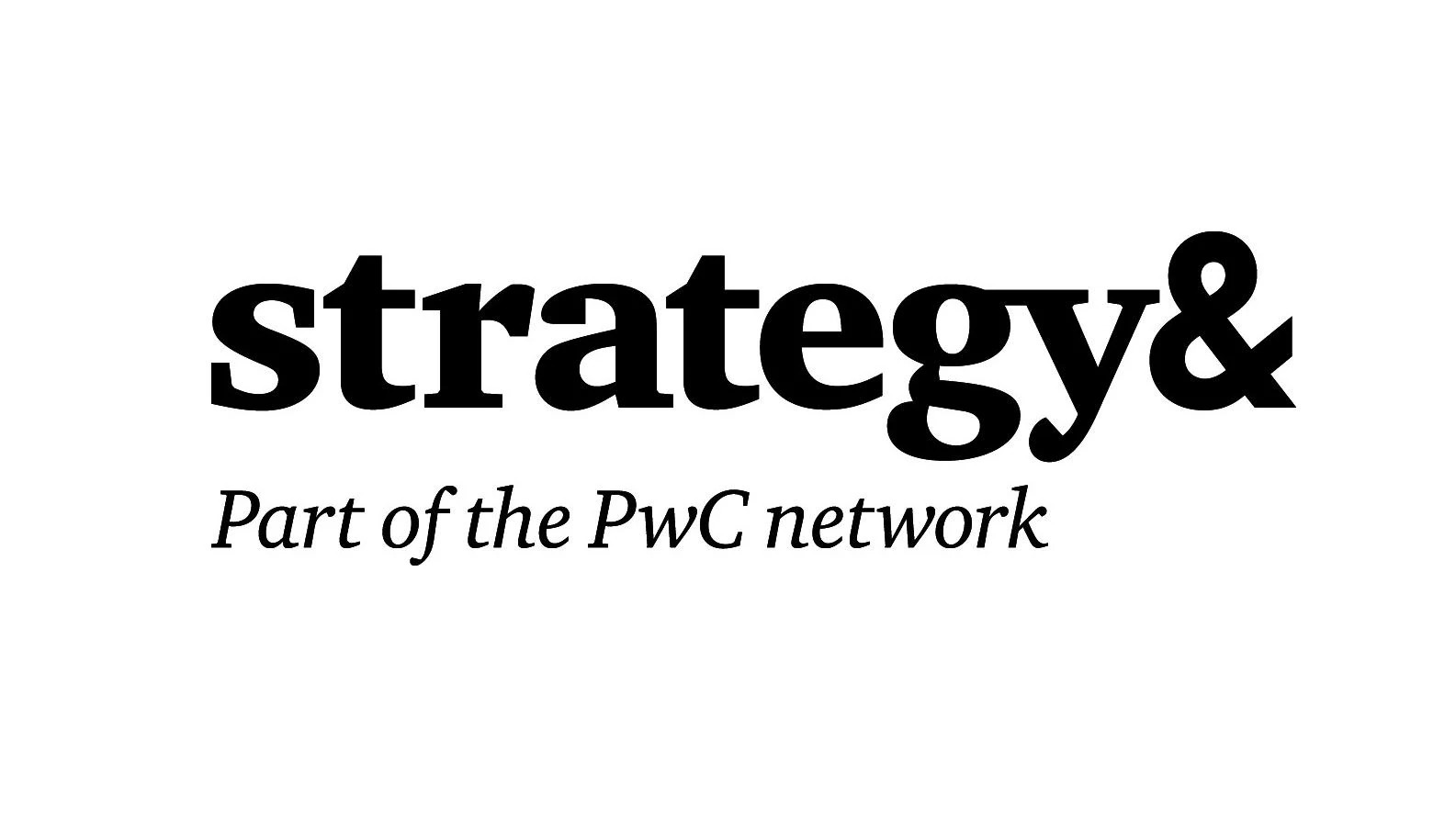Climate Leadership in the Middle East Calls for a Just and Fair Net Zero Transition
- The Middle East is pivotal in the global climate transition, raising questions on how to ensure a just and inclusive pathway to net zero.
- Capital allocators, particularly financial institutions, are key players in achieving a swift and equitable transition to net zero.
- Despite the importance of decarbonization, many financial institutions in the Middle East overlook social dimensions, risking exclusion of marginalized communities and deepening inequalities.
The Middle East plays a critical role in our global climate transition. As it carves its own pathway to net zero, it becomes increasingly important to ask two questions: How can the benefits of this radical transition toward net zero be widely shared across the region? How can the transition be not just fast but also just and fair, with the assurance that no one is left behind? As we reflect on the outcomes of the 28th Conference of the Parties (COP28), these questions take on greater significance, and our focus must shift from 'what' to 'who.' Capital allocators are unquestionably important participants in this complex game, notably the financial sector. Financial institutions play a vital role in achieving net zero, which benefits everyone and so, it is important to emphasize both a quick and fair transition.
While the significance of decarbonization is well-known, it could be argued that the financial industry in the Middle East is not quite ready to play this mission-critical role. Many of the region’s financial institutions remain overly focused on decarbonization at all costs but are not considering the broader social dimension of the transition. The very real risk of leaving marginalized communities behind and, in some cases, further deepening existing inequalities is still a challenge.






